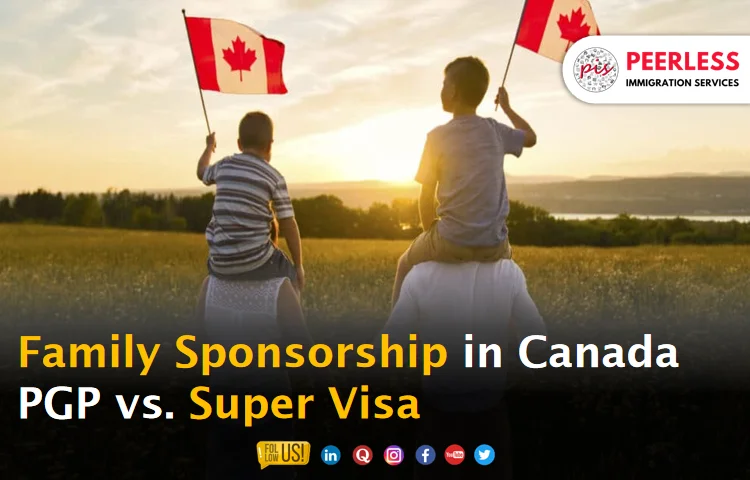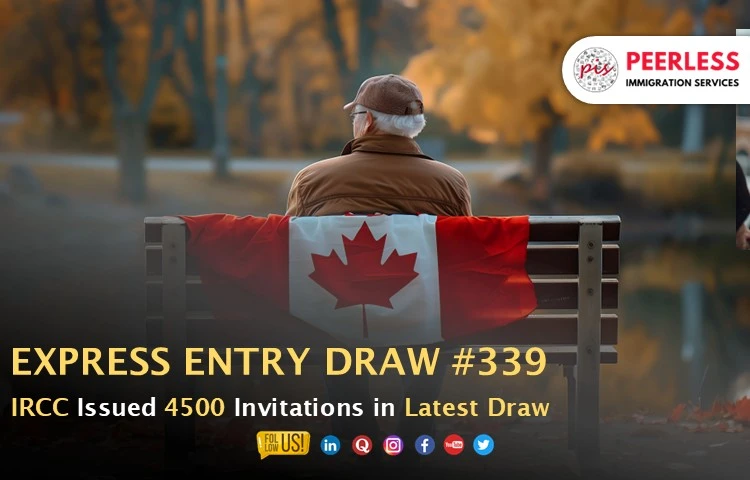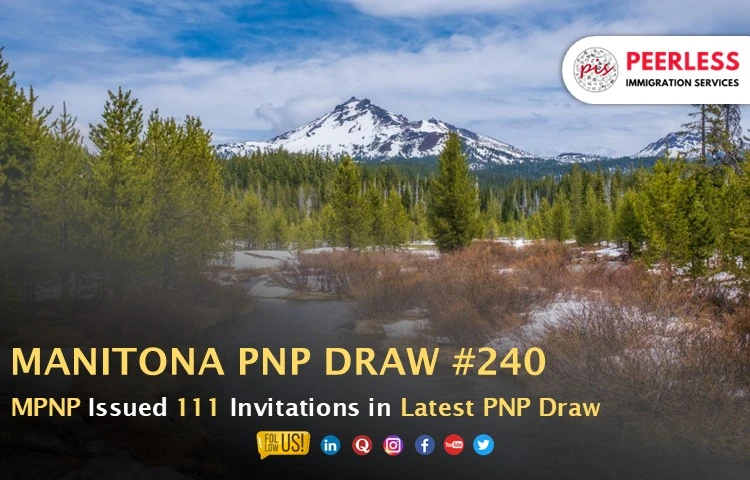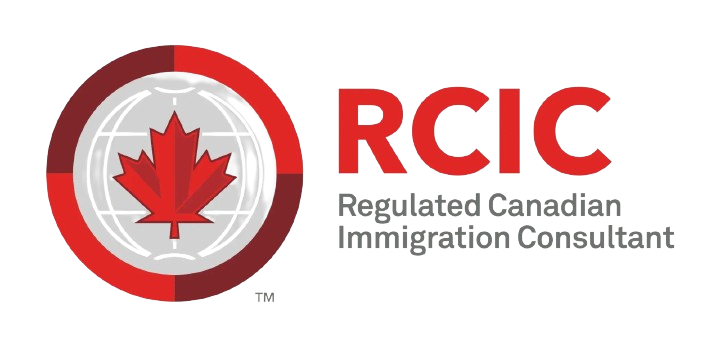
Family Sponsorship in Canada PGP vs. Super Visa
Canada, known for its welcoming embrace of diverse cultures, offers pathways for parents and grandparents of Canadian permanent residents and citizens to join their families. Two prominent avenues for family reunification are the Parents and Grandparents Program (PGP) and the Super Visa. In this exploration, we uncover the distinctions between these programs, providing insights to help families make informed decisions.
Understanding the Parents and Grandparents Program (PGP)
The PGP stands as a gateway for parents and grandparents to immigrate to Canada, experiencing the privileges of permanent residence and even citizenship. It is a coveted opportunity, although less readily available than the Super Visa due to its lottery system and once-a-year selection process. This program offers a pathway for family members to establish their roots in Canada permanently.
The Super Visa: A Temporary Resident Visa with Long-Term Benefits
In contrast, the Super Visa operates as a temporary resident visa (TRV) but with a unique long-term perspective. It allows parents and grandparents to enter and stay in Canada for an extended period—up to 10 years, with the possibility of continuous stay for five years. While it provides the convenience of year-round availability, the Super Visa does not lead to permanent residence or citizenship like the PGP.
Eligibility: Common Ground for Both Programs
To sponsor parents or grandparents under either program, sponsors must:
- Be at least 18 years old.
- Be a Canadian citizen or permanent resident.
- Reside in Canada during the application and the expected arrival of parents or grandparents.
- Demonstrate financial stability.
Ineligibility Factors
Candidates may be ineligible if they:
- Failed to repay an immigration loan or court-ordered family support.
- Did not fulfil promised financial support for a previously sponsored family member.
Fall under other specified ineligibility criteria.
Financial Requirements: PGP vs. Super Visa
- For the Super Visa, candidates must prove that their household meets the required Low-Income Cut-Off (LICO) criteria.
PGP candidates need to meet Minimum Necessary Income (MNI) requirements, showcasing financial stability over the last three taxation years by providing a Notice of Assessment (NOA) from the Canadian Revenue Agency (CRA).
Application Process: Navigating the Journey
- Super Visa sponsorship involves a process akin to a regular TRV application, with additional documentation to ensure the well-being of parents or grandparents in Canada.
- PGP candidates must establish eligibility, submit required information to enter the candidate pool, and if selected, proceed with the invitation to apply, initiating subsequent steps.
Quebec Residents: Additional Steps and Considerations
Both programs extend to Quebec residents, with unique considerations such as a distinct MNI system and the necessity of obtaining a Quebec Selection Certificate (CSQ).
Medical and Criminal Admissibility: A Crucial Criterion
Sponsored individuals must not be medically or criminally inadmissible to enter Canada. Both programs mandate an Immigration Medical Exam (IME), while the PGP includes a police certificate requirement.
Weighing Options for Family Reunification
As families navigate the complex terrain of family reunification in Canada, understanding the nuances of the Parents and Grandparents Program and the Super Visa is crucial. The choice between a pathway to permanent residence or a long-term visitation option depends on the unique needs and aspirations of each family.
In the spirit of fostering family bonds and embracing diversity, Canada’s commitment to facilitating family reunification shines through these programs. Whether aspiring for permanent roots or an extended stay, families have options to forge their future in the Great White North.















